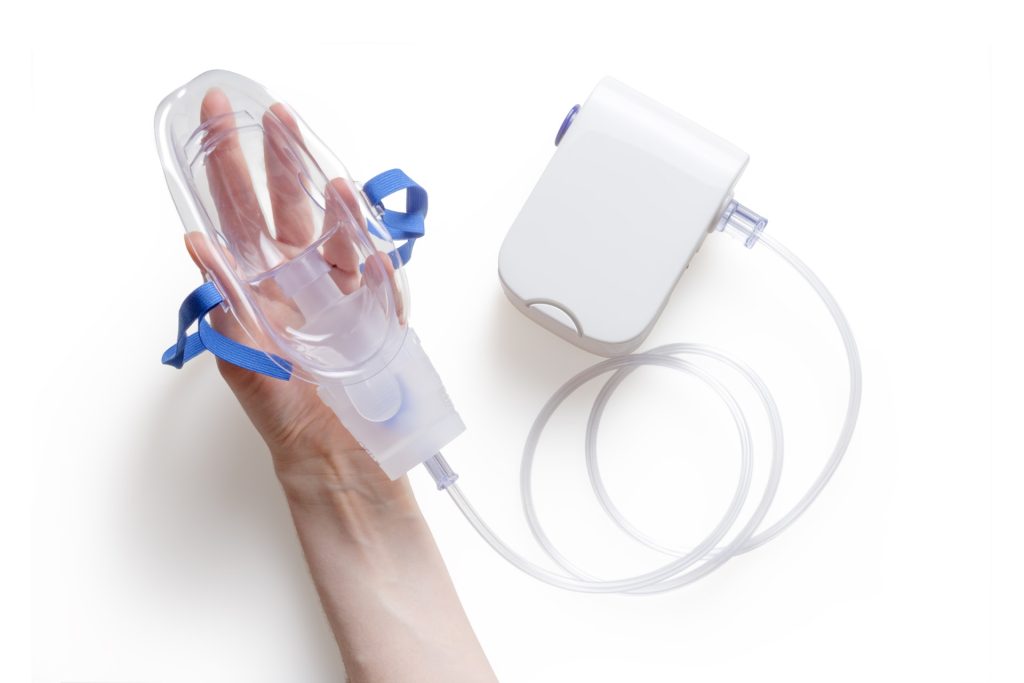
The global burden of Chronic Obstructive Pulmonary Disease (COPD) could be significantly reduced with a simple health assessment available in low- and middle-income countries (LMICs), according to a large-scale international study.
The greatest burden on COPD is in LMICs, which account for around 90% of COPD related deaths.
In high-income countries, COPD is typically caused by tobacco smoking and is diagnosed using a spirometer, the straightforward ‘gold standard’ diagnosis, and symptoms can be effectively treated.
However, in LMICs the primary cause of COPD is more varied and includes household air pollution in the form of biomass smoke for cooking and heating; other causes include impaired lung growth, chronic asthma and post-tuberculosis lung damage. Spirometry is often unavailable in LMICs. These reasons, combined with a shortage of clinicians, means COPD is commonly undiagnosed in LMICs.
In the new study, published in JAMA, researchers found that people with a high risk of COPD could be identified in 7 to 8 minutes using either a questionnaire on its own or a questionnaire combined with a Peak Expiratory Flow (PEF) assessment.
Explaining the study, lead researcher Professor John Hurst said: “Chronic Obstructive Pulmonary Disease is one of the world’s major public health issues, causing both individual and economic harm: there is a clear and pressing need to find better ways to identify people early, in all manner of settings.
“Screening tools for COPD have been shown to have reasonable diagnostic accuracy in high-income countries, but due to better population health and treatment in these settings, this has tended to identify milder disease, not requiring much intervention.
“Up until now the performance of these screening tools has not been adequately studied in LMICs; we aimed to test both the diagnostic accuracy and feasibility of simple screening tools.”
Researchers assessed three COPD screening tools (a combination of PEF and/or questionnaires) on populations in three distinct settings: semiurban Bhaktapur, Nepal, urban Lima, Peru and rural Nakaseke, Uganda.
To establish diagnostic accuracy of the tools, all participants were also given a spirometry test.
In total 10709 adults aged 40 years or older from the three communities took part.
Study findings:
- Prevalence of COPD varied by site, from 3% in Lima (Peru) to 7% in Nakaseke (Uganda) and 18% in Bhaktapur (Nepal).
- 49% of COPD cases were clinically significant as defined by symptoms and or exacerbation burden, and 16% had severe or very-severe disease measured on spirometry. 95% of cases were previously undiagnosed.
- The screening instruments performed similarly within each population setting and were feasible to deliver using trained research staff, taking an average of 7 to 8 minutes.
Commenting Professor Hurst said: “Our findings support the accuracy and feasibility of using simple screening tools to identify people affected by COPD living in diverse low- and middle-income settings.
“It is alarming that a high percentage of screen-identified COPD cases were clinically important, had severe or very severe changes in lung function, and that most were unaware of their diagnosis despite the high prevalence of symptoms and lower quality of life.
“In addition, only a minority of people had a history of smoking, further highlighting the poor conditions, exacerbated by biomass smoke, that people in low- and middle-income countries are living.”
Professor Hurst added: “Action is needed: the global health community has neglected the burden of chronic respiratory diseases for too long. It is now time for people with chronic respiratory diseases such as COPD to be promptly identified, informed about their condition and treated – wherever they live in the world.”
Researchers say more work is needed to assess whether COPD screening can be implemented in routine LMIC healthcare settings; if screening for COPD is of benefit to those testing positive, and it is cost-effective, for a given population, to implement COPD screening in LMIC settings.
Source: University College London

